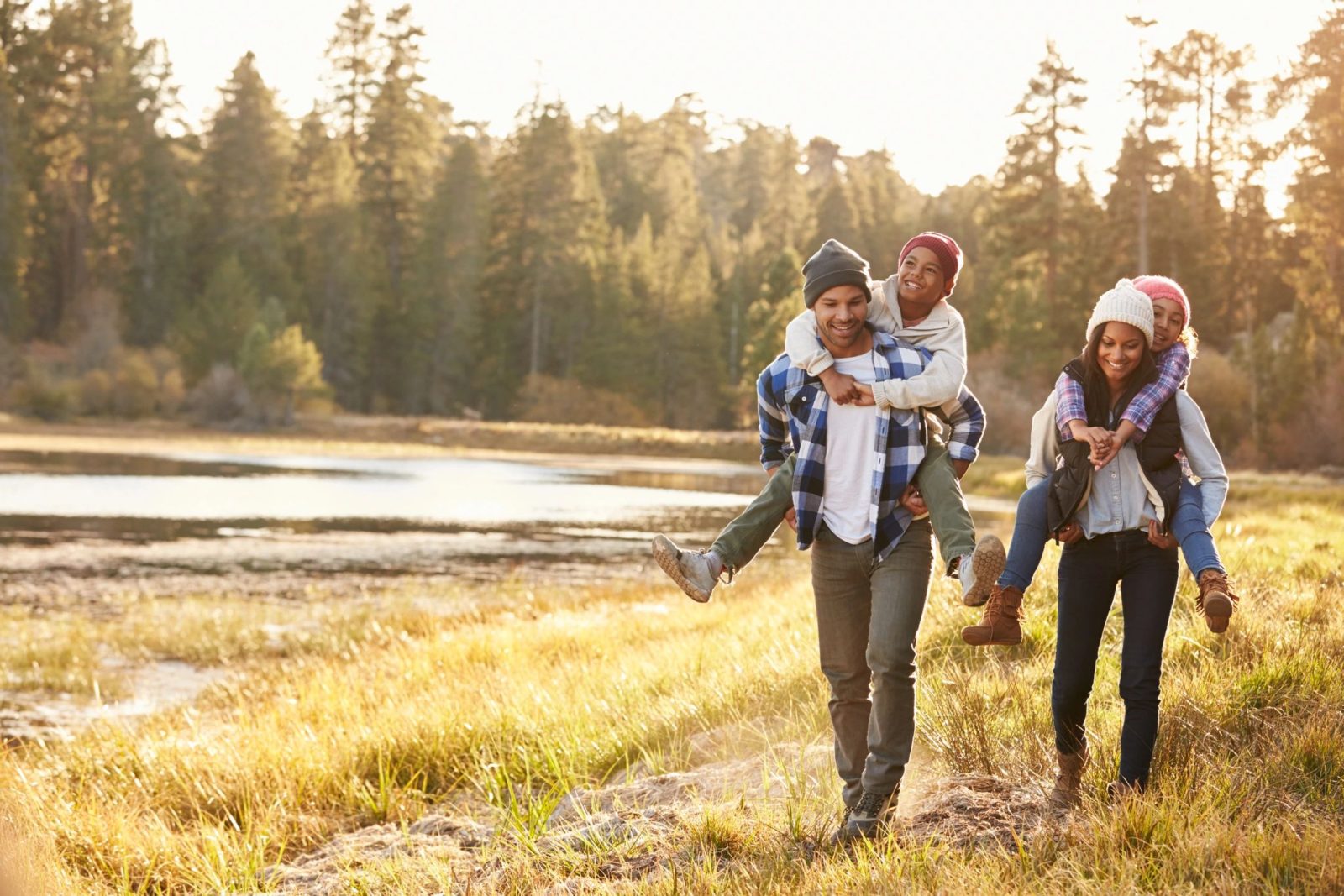Maya Angelou wrote a beautiful poem about the caged song bird. I initially thought about all the children “caged” by all the childist rules plaguing them (read about childism here and here, buy Young-Bruehl’s book here). But then I began to realize just how “caged” we can feel as parents. And I began to wonder what we can do to free ourselves from these cages so we can more freely enjoy our daily lives with our children.
Parenthood is a challenge, without a doubt. Children need us in ways beyond our own pre-parenthood notions and often for longer periods of time than we expected. But there’s more challenges to parenthood than children. For many of us, the biggest challenge we face in parenthood isn’t actually our own children so much as it is our own childhood. In fact, I would posit that it is our very own childhood experiences that dominate the stress we experience as parents (some call this our “inner child” or our own “childhood wounds”).
For example, do you ever wonder why you say “no” to something?
Have you ever really, REALLY thought about it? I believe most of our “No…” Rules are immediate gut reactions to something our child does; I also believe these gut reactions are reverberations from our own childhoods when we were told not to run through the house, not to cry, and other mostly arbitrary rules. Now, if you’re feeling defensive about your rules, don’t (ha! if only it was so simple, right?). My purpose isn’t to attack rules, it’s to encourage us as parents to engage in thoughtful reflection on our rules. So please, tell your mind to let go of those defensive feelings and keep going on this journey for a bit longer.
So now I’m going to ask you to do something. Go visit yourself as a child. Remember back to how you felt when your mom or dad or grandparent told you “no running down the street.” (Your mind will be tempted to justify it with thoughts like, “they were trying to keep me safe.” Yes, safety is important. Try to push those thoughts away and just feel.) What’s the first “No…” rule memory that comes to mind? How did you feel?
Did it make you feel you and your parents were too different?
Now come back to your present-day adult self. What part of those experiences stuck with you?
And finally ask yourself these questions:
It’s not that we don’t want boundaries in our homes, for ourselves, or for our children. Boundaries play an important role in life and an equaly important role in helping our children stay safe and grow in their sense of capabilities and self-worth, and can even help children feel closer to us. But the arbitrary establishment of rules can also have the opposite effect: it can create feelings of anger and resentment, it can create an atmosphere of lies and deceipt, and it can create feelings of disempowerment and dependency. And oftentimes it is the rules of our own childhoods that remain unexamined and create dissonance in our homes.
I hope you free yourselves and your families from the cages of unexamined rules…that you find a way to let your inner songbird free.
I Know Why The Caged Bird Sings
by Maya Angelou
The free bird leaps on the back of the wind
and floats downstream till the current ends
and dips his wings in the orange sun rays
and dares to claim the sky.
But a bird that stalks down his narrow cage
can seldom see through his bars of rage
his wings are clipped and his feet are tied
so he opens his throat to sing.
The caged bird sings with fearful trill
of the things unknown but longed for still
and is tune is heard on the distant hill
for the caged bird sings of freedom
The free bird thinks of another breeze
and the trade winds soft through the sighing trees
and the fat worms waiting on a dawn-bright lawn
and he names the sky his own.
But a caged bird stands on the grave of dreams
his shadow shouts on a nightmare scream
his wings are clipped and his feet are tied
so he opens his throat to sing
The caged bird sings with fearful trill
of the things unknown but longed for still
and is tune is heard on the distant hill
for the caged bird sings of freedom

